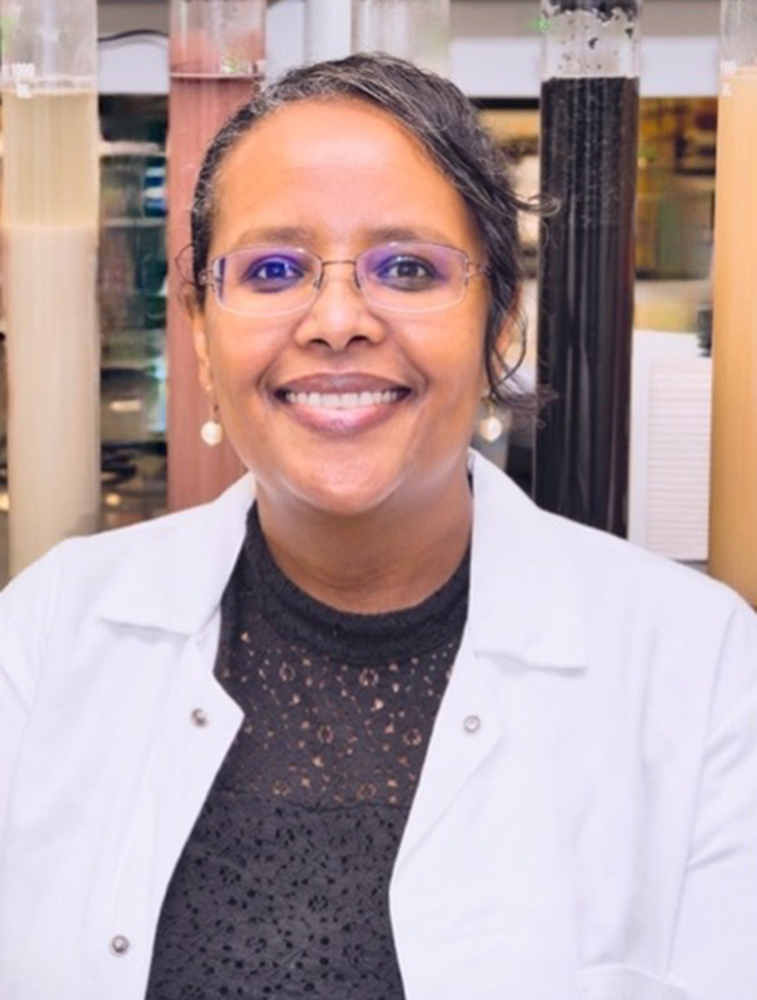14th Annual Leonard Robock Lecture with Dr. Asmeret Asefaw Berhe, March 18, 2025
February 10, 2025The UW–Madison Department of Atmospheric and Oceanic Sciences is thrilled to announce Dr. Asmeret Asefaw Berhe as the 14th Annual Leonard Robock Lecture speaker. The lecture, “From Roots to Reach: One Scientist’s Quest to Understand Soils, Confront Climate Change, and Open Doors in STEM” is free and open to the public on Tuesday, March 18, from 7–9 pm at the DeLuca Forum in the Discovery Building. A reception with refreshments and appetizers will follow the talk.

Dr. Asmeret Asefaw Berhe is a Professor of Soil Biogeochemistry and Falasco Chair in Earth Sciences and Geology at the University of California, Merced. She previously served as the Director of the US Department of Energy’s Office of Science (Senate confirmed, Presidential Nomination). Her research interest lies at the intersection of soil science, geochemistry, global change science, and political ecology. Prof. Berhe’s work seeks to improve our understanding of how the soil system regulates the earth’s climate and the dynamic two-way relationship between soil and human communities. Numerous awards and honors have recognized her scholarly contributions and efforts to improve equity and inclusion in STEM. She is an Elected member of the US National Academy of Engineering, a Fellow of the American Geophysical Union and the Geological Society of America, and a member of the inaugural class of the US National Academies of Science, Engineering, and Medicine’s New Voices in Science, Engineering, and Medicine.
Abstract
The soil system stores twice as much carbon as the atmosphere and all the world’s vegetation combined. This presentation will discuss the fundamental mechanisms by which the soil system controls the earth’s climate and practices that have shown promise to bend the curve of increasing greenhouse gas concentrations in the atmosphere. Dr. Berhe will share insights from her career journey from professor to leader of one of the nation’s largest science funding agencies. Drawing on her earth system science expertise, she will discuss how the Office of Science works to advance scientific frontiers across disciplines, address grand challenges like climate change, and strengthen American leadership in science and technology by engaging talent from across the country. The presentation will explore how evidence-based approaches in both research and policy can accelerate scientific discovery and impact.
About the Leonard Robock Lecture Series
This annual public lecture series is sponsored by the UW–Madison Department of Atmospheric and Oceanic Sciences and made possible by a generous gift from the estate of Leonard Robock. The series features an expert to present on an issue related to the public interest, such as climate change, tornadoes, hurricanes, hydrothermal vents, etc. The lecture is open to the public and aims to educate attendees on the state of our knowledge on these issues.
